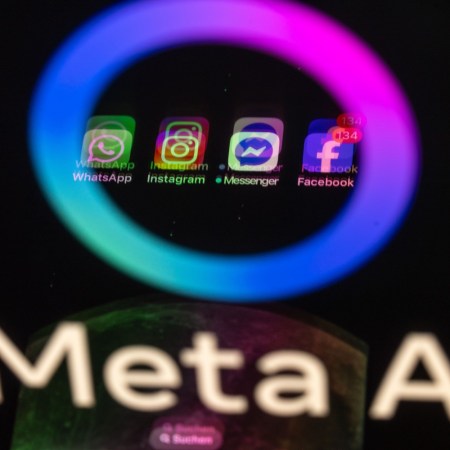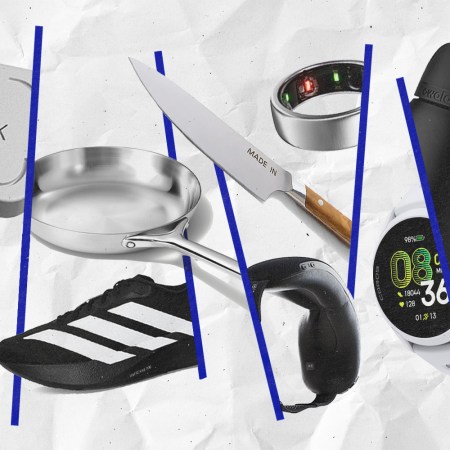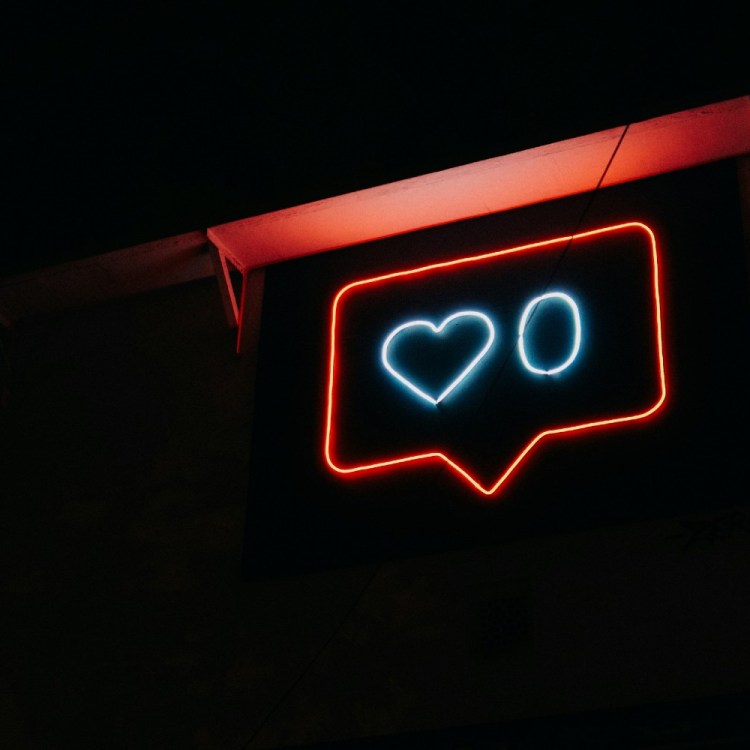If you’re a person who gets periods, Facebook might know when your last one was. According to an exclusive new report from BuzzFeed News, popular period tracker apps like MIA Fem and Maya have been sharing deeply personal information about users’ menstrual health and sexual practices with Facebook.
The report comes via findings from UK-based advocacy group Privacy International, which found that the wide range of information period tracker apps collect from users has been shared directly with Facebook. Millions of people use period tracker apps for a variety of reasons, such monitoring their menstrual cycle or planning to conceive. App users input a vast array of extremely personal health information on these apps, including contraception use, sexual practices, menstrual symptoms and even details about their mood.
So what would Facebook want with the kind of information usually only shared with trusted partners and health professionals? The same thing Facebook always wants — more precise ad-targeting. The data sharing happens through Facebook’s Software Development Kit, which app developers use to collect user data to show targeted ads. The extremely personal information users share on period tracker apps, especially information about their mood and sex lives, is actually extremely valuable to advertisers. According to BuzzFeed News, information about users’ moods can help advertisers identify and strategically target users at times when they may be most likely to buy.
Facebook reportedly told BuzzFeed News it had gotten in touch with the period tracker apps that Privacy International identified in order to investigate possible terms of service violations. In the meantime, the report is raising questions about the extent to which users can ever really knowingly consent to the data sharing many apps conduct with or without user knowledge. “This is the kind of practice that highlights how consent isn’t a sufficient guardrail against privacy violations,” said Lindsey Barrett, a staff attorney at Georgetown Law’s Intellectual Property Rights tech clinic. “No one reads privacy policies because they encounter too many of them for that to be reasonable, and even if they did, the policies are poorly written or won’t tell them what they need to know.”
Even if you’re not a person who has periods or uses period tracking apps, the fact that Facebook wants to know when you (or anybody) last had sex is deeply alarming and should be more than enough incentive to finally get the hell off that crusty platform if for some reason you haven’t yet.
Editor’s Note: RealClearLife, a news and lifestyle publisher, is now a part of InsideHook. Together, we’ll be covering current events, pop culture, sports, travel, health and the world. Subscribe here for our free daily newsletter.
Thanks for reading InsideHook. Sign up for our daily newsletter and be in the know.















